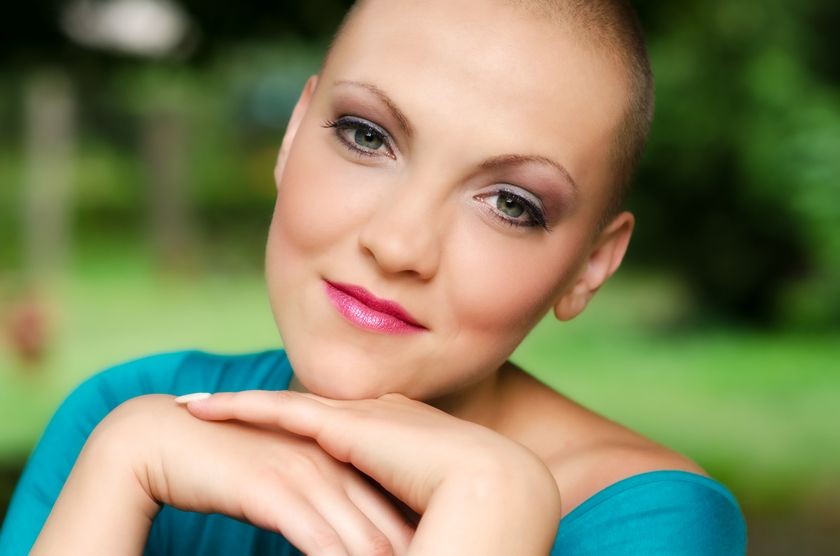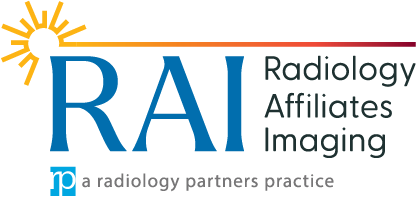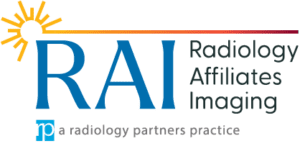
Many Women with Early Stage Breast Cancer Can Safely Skip Chemo

Chemotherapy has saved millions of lives since doctors started administering it as a treatment for cancer. “Chemo” is still an important treatment for many types of cancer, but the effects of chemotherapy can be very uncomfortable. Now the results of a new study suggest that some women with early-stage breast cancer can safely skip chemotherapy and undergo a different type of treatment.
In fact, the study suggests that up to 70 percent of women with the most common type of breast cancer can skip chemotherapy without worry that the cancer will come back.
Cancer is a disease characterized by uncontrolled growth of abnormal cells. As cancer advances, the abnormal cells can spread to other tissues far from the original site. Breast cancer, then, is a condition where abnormal breast cells can reproduce quickly and spread to nearby lymph nodes and other tissues farther away.
Genetics play a big role in cancer. When a gene is activated, or “turned on,” it releases proteins that cause changes in the body. Certain genes are associated with the recurrence of breast cancer – activation of these genes increases the risk that breast cancer will return.
Doctors currently perform a 21-gene test to determine a patient’s risk for recurring breast cancer. Using the results, they assign each patient a “recurrence score” from zero to 100. Practitioners already know that patients with a very high score need chemotherapy and that those with a low score can safely skip chemo, but they did not know if the patients with medium recurrence scores could forgo chemo.
It turns out that most patients can, as long as they have early-stage breast cancer. Women with more advanced breast cancer must undergo chemotherapy for the best possible results.
About Chemotherapy and Endocrine Therapy
There are many types of breast cancer. Some types interact with hormones in the blood. In these cancers, the cells have special receptors that latch onto the hormones estrogen or progesterone. The action of the hormone latching onto the receptor fuels the growth of the cancer cells. Doctors use gene assay tests to help evaluate the risk of recurrence in patients with estrogen and progesterone receptor–positive (ER/PR+) cancer cells.
To prevent the spread of these cancer cells, doctors prescribe drugs that prevent the hormones from latching onto the cancer cells. These medications, known collectively as endocrine therapy, also stop the spread of cancer by preventing the body from making those hormones. Endocrine therapy lowers the risk that breast cancer will return, the appearance of new breast cancer cells, and even death from breast cancer.
Currently, doctors typically prescribe endocrine therapy alongside chemotherapy, also known as “chemo.” Chemotherapy drugs destroy cancer cells by interfering with the way the cells grow and divide. Chemo also makes cancer cells more sensitive to other treatments, such as radiation.
While it is very effective as a breast cancer treatment, chemotherapy can cause severe and uncomfortable side effects that make treatment difficult. Chemotherapy for breast cancer can cause hair loss, diarrhea, neuropathy, fatigue, mouth sores and the nerve pain known as neuropathy. Avoiding chemotherapy could significantly improve the quality of life for those already fighting a very serious disese.
Many doctors – and patients – worry about skipping chemotherapy, though, because they do not want the breast cancer to come back. The results of the study help calm their worries.
Researchers enrolled 10,273 women with the most common type of early-stage breast cancer into the study. They focused their study on those participants who received a medium score on the assay test. The scientists then randomly assigned the participants into one of two groups: those who received chemotherapy along with endocrine therapy and those who received chemotherapy alone. They found out that those in the no-chemo group did as well as those who received chemotherapy.
“With results of this groundbreaking study, we now can safely avoid chemotherapy in about 70 percent of patients who are diagnosed with the most common form of breast cancer,” said co-author of the study and the Huizenga Family Endowed Chair in Oncology Research at Loyola University Chicago Stritch School of Medicine, Kathy Albain, MD, in a press release. “For countless women and their doctors, the days of uncertainty are over.”
The no-chemo treatment is only for patients with early-stage breast cancer, which is a stage when the breast cancer has not spread to other parts of the body. Doctors use physical exams, biopsies, and imaging tests to “stage” breast cancer.
Specifically, doctors use breast MRIs to see detailed information about abnormalities seen on mammography, evaluate breast tissue, detect the presence of other cancers in the breast tissue, and determine if breast cancer has spread. Breast MRIs can also help doctors assess the effectiveness of endocrine therapy, chemotherapy and other treatments for breast cancer.
Treatment for breast cancer improves nearly every day, with scientists and researchers investigating new ways to detect, treat and monitor the growth of tumors in breast tissue.




